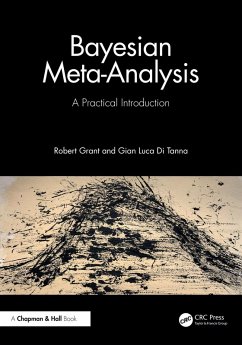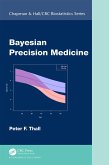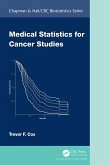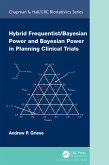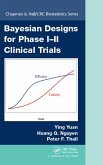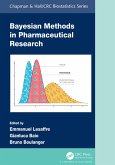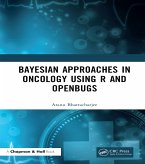Key Features
- Introductory chapters assume no prior experience or mathematical training, and are aimed at non-statistical researchers
- Examples of basic meta-analyses in seven different software alternatives: BUGS, JAGS, Stan, bayesmeta, brms, Stata, and JASP
- Practical advice on extracting information from studies, eliciting expert opinions, managing project decisions, and writing up findings
- Discussion of specific problems, including publication bias, unreported statistics, and a mixture of study designs, with code examples
- Accompanying online blog and forum, with all code and data from the book, plus more translations to different software
This book aims to bridge the gap between the researcher who wants to carry out tailored meta-analysis and the techniques they need, which have previously been available only in mathematically or computationally demanding publications.
Dieser Download kann aus rechtlichen Gründen nur mit Rechnungsadresse in A, B, BG, CY, CZ, D, DK, EW, E, FIN, F, GR, HR, H, IRL, I, LT, L, LR, M, NL, PL, P, R, S, SLO, SK ausgeliefert werden.

